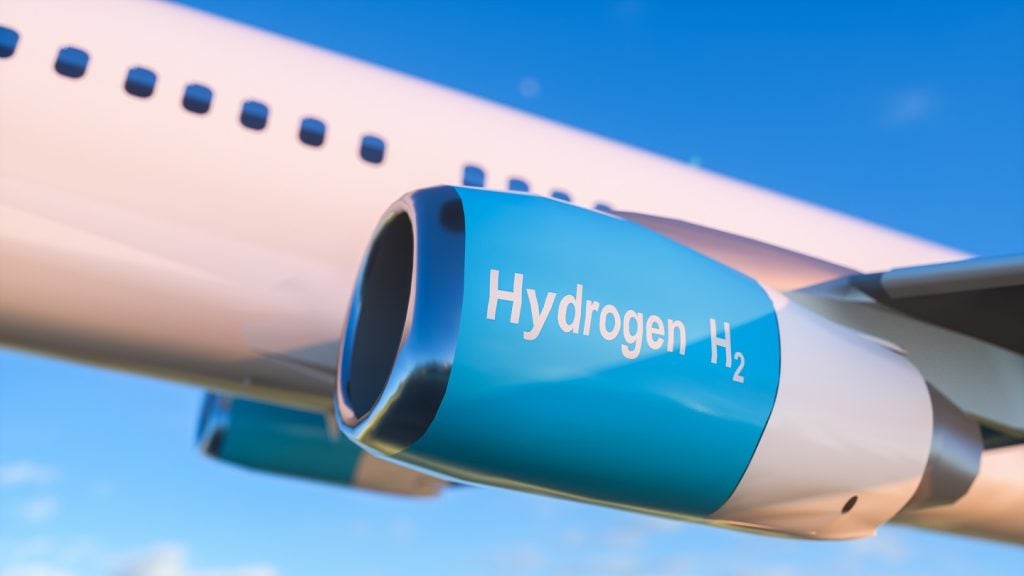In a move to incentivise airlines to resume services, the reduction of airport fees could act as an alternative strategy to revive traffic as the long road to tourism recovery begins. Airports that choose to adopt a fee reduction scheme will likely benefit from a quicker rebound in traffic that could kickstart tourism recovery.
A reduction in airport fees will act as an attractive incentive for an airline to resume flights. Airports worldwide will be competing for the limited capacity airlines will be deploying over the coming months and any cost reduction opportunities with be positively received. Lower fees will allow an airline to reduce its costs and may result in many destinations seeing inbound flights resume earlier than expected if restrictions allow. With many countries dependent on tourism, this could strengthen recovery and give a much-needed boost to economies earlier than expected.
However, airports could suffer from a further drop in revenue. The loss of income from cheaper fees when traffic is at record lows could push some airports further into the red. Striking a balance between fee reductions to stimulate traffic and generating sufficient revenue will be crucial. If a balance can be met, then the benefits could create a catalytic impact across national economies, providing a much-needed boost to employment figures in the process.
Long-haul traffic may rebound quicker
Given that domestic and regional travel will recommence first, schemes such as this could be beneficial to encourage the return of long-haul connectivity. A GlobalData poll showed that 36%* of respondents are willing to travel to a different continent within the next 12 months. Therefore, it is evident that there is demand for medium to long-haul travel.
Combining rising demand levels with a financial incentive such as fee reductions could result in long-haul routes recommencing earlier than expected, especially to remote islands dependent on tourism. Islands will likely be attractive destinations due to the higher level of control they have over an outbreak of Covid-19 and the strict protocols in place to prevent it. For example, Barbados has implemented pre and post-arrival testing alongside a short five-day quarantine period to quash fears of Covid-19 arriving on the island. These robust measures will provide travellers with a higher degree of confidence.
Guam is reducing airport fees
Guam Airport (GUM) in the Northern Pacific Ocean is using fee reduction as a tourism revival strategy. Between May and July 2021, airlines flying at least one weekly service from Asian destinations will receive a discount of up to 50% on airport fees.
How well do you really know your competitors?
Access the most comprehensive Company Profiles on the market, powered by GlobalData. Save hours of research. Gain competitive edge.

Thank you!
Your download email will arrive shortly
Not ready to buy yet? Download a free sample
We are confident about the unique quality of our Company Profiles. However, we want you to make the most beneficial decision for your business, so we offer a free sample that you can download by submitting the below form
By GlobalDataGlobalData’s traveller demand and flows data shows that Guam’s top two source markets were South Korea and Japan, accounting for 47.8% and 38.1% of arrivals in 2019. With such a dependence on Asian arrivals, it is no surprise that the airport is targeting these source markets. This scheme will allow the island to increase its chances of attracting its top source markets back and could see Guam recover at a quicker rate in comparison to other destinations.
Reducing airport fees could be a key strategy for reviving tourism, but any reduction should be targeted with a clear objective of what the country is trying to achieve. Tourism-dependent destinations could benefit immensely from such schemes and it could be a key attribute that attracts airlines back to a destination.
* GlobalData Live Verdict Poll of 1,106 respondents, live since 17th November 2020.









